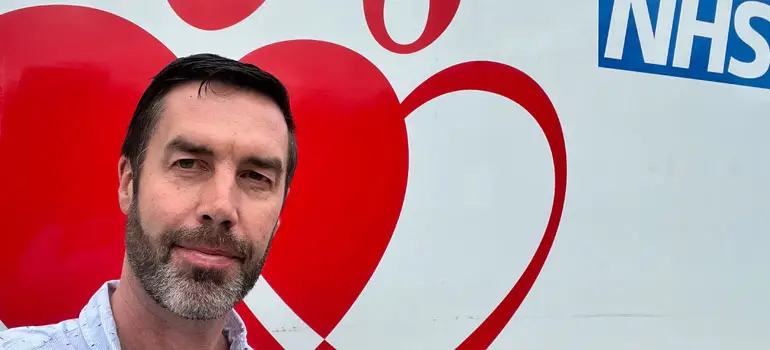More than 20 staff members at a prominent independent accounting firm have pledged to donate blood in response to an urgent appeal from the NHS. The initiative aims to address a critical national blood shortage by encouraging both experienced and first-time donors to participate.
NHS Urgent Plea for Blood Donors
Last month, the NHS Blood and Transplant organisation issued an urgent call for blood donors. The specific appeal was directed at individuals with O negative and O positive blood types, as stocks had dropped to ‘unprecedently low’ levels. O negative is a universal donor type, crucial for emergencies when a patient’s blood type is unknown.
O positive, the most common blood type, can be given to a significant portion of the population. Around 35 per cent of people have O positive blood, making it highly valuable. The NHS highlighted the necessity for these blood types to support both regular medical treatment and emergency scenarios.
Hurst’s Initiative
At Hurst, 24 staff members have committed to donating blood during sessions organised by NHS Blood and Transplant. These sessions will be held at Stockport County FC’s stadium on two separate dates: Friday, August 9 and Friday, August 30. The initiative is being driven by three key staff members from Hurst Corporate Finance.
Emily Efstathiou, along with Amy Devereux and Danielle Tierney, spearheaded the campaign within the firm. They promoted the blood donation drive through an internal video and marketing campaign. The response has been overwhelmingly positive, with volunteers coming from various departments and roles within the organisation.
Experiences from Previous Donors
Amy Devereux shared that many Hurst employees have individually donated blood in the past. She emphasised that the firm-wide drive aimed to maximise impact and participation.
“It only takes around an hour for the appointment in total and around five to 10 minutes in the donation chair to give one unit of blood,” Amy noted. She reassured that despite initial reservations some may have, the process is simple and relatively painless.
The Importance of Blood Donation
Blood donation is vital for treating various medical conditions and emergencies. Approximately two-thirds of donated blood in England is used to treat anaemia, cancer, and blood disorders.
Nearly one-third of the blood is used in surgeries and emergencies, including childbirth. Each donation can save or improve up to three lives, making it a highly impactful act. This underscores the importance of regular blood donations across the country.
Supporting the NHS
Suzi Browne from NHS Blood and Transplant expressed delight at Hurst’s participation. “We hope that the fantastic efforts of this group will inspire others in the local community to come forward and give blood,” she said.
The NHS needs 200,000 new donors each year to maintain a sufficient blood supply. The support from businesses and local communities is crucial in meeting this ongoing need.
The initiative at Hurst is expected to not only contribute directly to blood stocks but also raise awareness and encourage other firms to support similar drives.
Eligibility for Blood Donation
Anyone aged 17-65 who is generally fit and well and weighs between 50kg and 158kg can donate blood.
Around two-thirds of donated blood in England is used to treat medical conditions. This includes anaemia, cancer, and various blood disorders. Blood is also essential for surgeries and emergency treatments.
Encouraging First-Time Donors
A significant portion of Hurst’s volunteers are first-time donors.
The firm’s supportive atmosphere and detailed internal campaign have reassured many hesitant employees to step forward. Encouraging more new donors is a critical element of the initiative’s strategy.
Hurst’s participation in the NHS blood donation drive highlights the importance of community involvement in addressing national health crises. Their efforts not only support immediate blood supply needs but also inspire broader community and corporate participation. This initiative demonstrates how collective actions can have a significant positive impact on public health.

